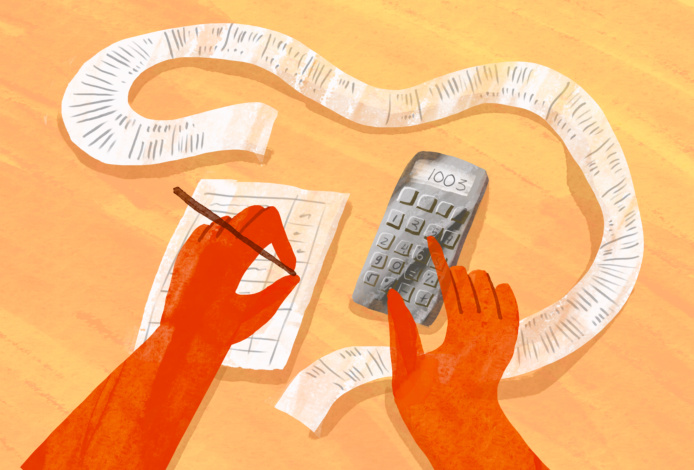Unemployment benefits for striking workers passed into law – what we know so far
This story appears in the July 2025 edition of The Washington Nurse.



Unemployment insurance (UI) for striking or lockout workers is now Washington state law, with the passage of Senate Bill 5041 in April. Work still needs to be done between now and the law’s effective date of Jan. 1, 2026, including waiting for the statute and related regulations to be published. Once Washington's Employment Security Department posts those regulations, we will have a better sense of how this law will be interpreted and implemented.
While this is a big win for workers that makes strikes more financially feasible, it's not a blank check or a magic wand. Instead, it gives nurses easier access to one of the most potent tools in their arsenal at the bargaining table.
Here’s a Q&A about what we know so far:
The law, signed by Gov. Bob Ferguson in May, allows individuals unemployed due to a labor strike or an employer lockout to receive up to six weeks of unemployment insurance benefits following a qualifying strike or lockout event. Benefits would start 15 to 21 days after the strike begins, depending on what day the strike starts. If the conflict is resolved before that time, no benefits will be issued.
Unemployment insurance benefits are temporary cash benefits provided to workers who are off the job through no fault of their own. The program is administered by Washington state’s Employment Security Department.
Before this law passed, employees who were off work due to a strike or lockout were disqualified entirely from UI. Starting in January, that disqualification will end the second Sunday of the strike, which could be 7-14 days, followed by the normal seven-day waiting period.
Just like any other worker who's off the job, to qualify for UI benefits a striking or locked out worker must:
- Have worked at least 680 hours in the base year.
- Be off work through no fault of their own or for a specified good cause.
- Be both able and available to work and actively search for suitable work.
The Employment Security Department will determine on a case-by-case basis if a labor dispute qualifies workers for UI benefits. That may take some time, so they recommend continuing to apply for benefits until they reach a decision.
A qualifying strike cannot be prohibited by state or federal law. If the strike is deemed illegal under state or federal law, workers must repay any UI benefits they received during the strike.
A lockout occurs when, during a labor dispute, an employer prevents employees from working — they are "locked out" of their jobs. The same UI benefits are available to workers during a lockout; their disqualification ends the second Sunday of the lockout, and they can receive benefits starting one week later.
Workers approved for UI benefits receive up to 60 percent of their income. The benefit is capped at $1,079/per week. In other words, if 60 percent of your income is higher than this amount, your benefits will not exceed $1,079.
Keep in mind you must meet the minimum standards for hours of work, apply for jobs, and have a one-week waiting period that applies to anyone who receives UI benefits.
Sometimes, when a contract negotiation goes past the date of the previous contract expiration, employers agree to pay workers their new wage rates retroactively to cover the time since the contract expired. If your employer pays retroactive wages that cover a period during which you received UI benefits (during a strike, lockout, or any other reason), the government will expect repayment of those funds. In other words, workers cannot receive both retroactive wages and UI benefits for the same period; they would need to repay the UI benefits to the Employment Security Department.
If you have additional questions that aren’t addressed in this article, please send them to gov@wsna.org.

